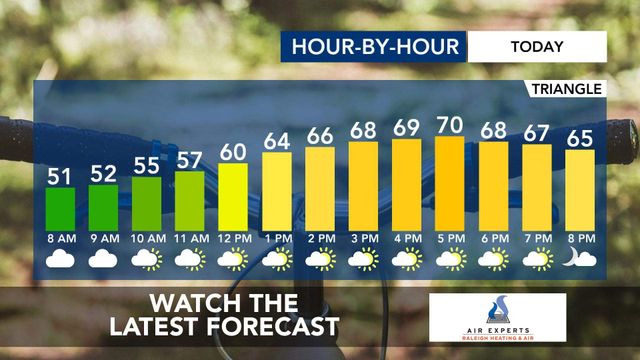NC Supreme Court upholds video sweepstakes ban

The North Carolina Supreme Court ruled Friday that the state's ban on video sweepstakes games isn't an infringement on free speech.
The decision reverses a March ruling by the state Court of Appeals, which said the move to outlaw the games in 2010 was written too broadly and was unconstitutional.
Sweepstakes halls have proliferated statewide since the state outlawed video poker machines six years ago, and operators said they plan to stay in business.
"We maintain that video sweepstakes games are no different than traditional sweepstakes games offered by restaurant chains, soft-drink companies and publishing houses," Chase Brooks, president of Internet Based Sweepstakes Operators trade group, said in a statement.
Operators will try to adjust their software to comply with the law, Brooks said, as they have in the past in response to previous court rulings.
"We will look at morphing into whatever we need to be under the rule of law to continue our business," he said.
Rudolph Morton opened the Chapanoke Square Business Center in south Raleigh only nine days ago for people to redo their resumes and play sweepstakes games.
"It's been a miserable day," Morton said after learning of the court's ruling. "We employ 18 people here. That's 18 lives that are going to be affected if we close the doors tomorrow."
Sweepstakes operators have argued that the games were simply a marketing tactic to encourage people to buy Internet time and didn't amount to gambling.
The Court of Appeals backed their stance that the ban violated the operators' First Amendment rights since sweepstakes games use "entertaining displays" to tell customers whether they had won or lost.
In a unanimous ruling, however, the Supreme Court said informing winners and losers was inextricably linked to the game and wasn't a separate act of speech.
"Operating or placing into operation an electronic machine is clearly conduct, not speech," Associate Justice Robin Hudson wrote in a 23-page ruling.
"The interest in combating the social ills of gambling and gambling-like activities is unrelated to the suppression of free expression," Hudson wrote. "The restriction imposed here is no greater than necessary because the statute burdens only sweepstakes conducted in a manner that encourages repeated, addictive, gambling-like play through the video display; the statute does not burden or ban any video games outside this context of sweepstakes operations."
The gaming industry has urged state lawmakers to legalize video sweepstakes and then regulate and tax the games, which they say would provide needed revenue.
"It benefits schools. It benefits the state. It helps create jobs for the state," Morton said.
Legislative leaders weren't receptive to that stance Friday.
Senate President Pro Tem Phil Berger applauded the Supreme Court's ruling, noting the sweepstakes ban had overwhelming bipartisan support in the General Assembly.
“Now that the question is settled, I expect our law enforcement officials will begin enforcing the law,” Berger, R-Rockingham, said in a statement.
Before law enforcement agencies can begin cracking down on sweepstakes businesses, a Guilford County judge needs to lift a stay of the law he issued when operators first filed suit.
Pam Walker, a spokeswoman for the state Department of Public Safety, said lawyers for her department will have to consult with the Attorney General's Office regarding actions after that point. The Division of Alcohol Law Enforcement, which is part of DPS, is the state agency tasked with enforcing gambling laws in conjunction with local sheriffs and police.
"I stood with law enforcement to push for a ban on this kind of gambling, and our lawyers have argued for years for the right to enforce it. The Supreme Court got this one right,” Attorney General Roy Cooper said.










